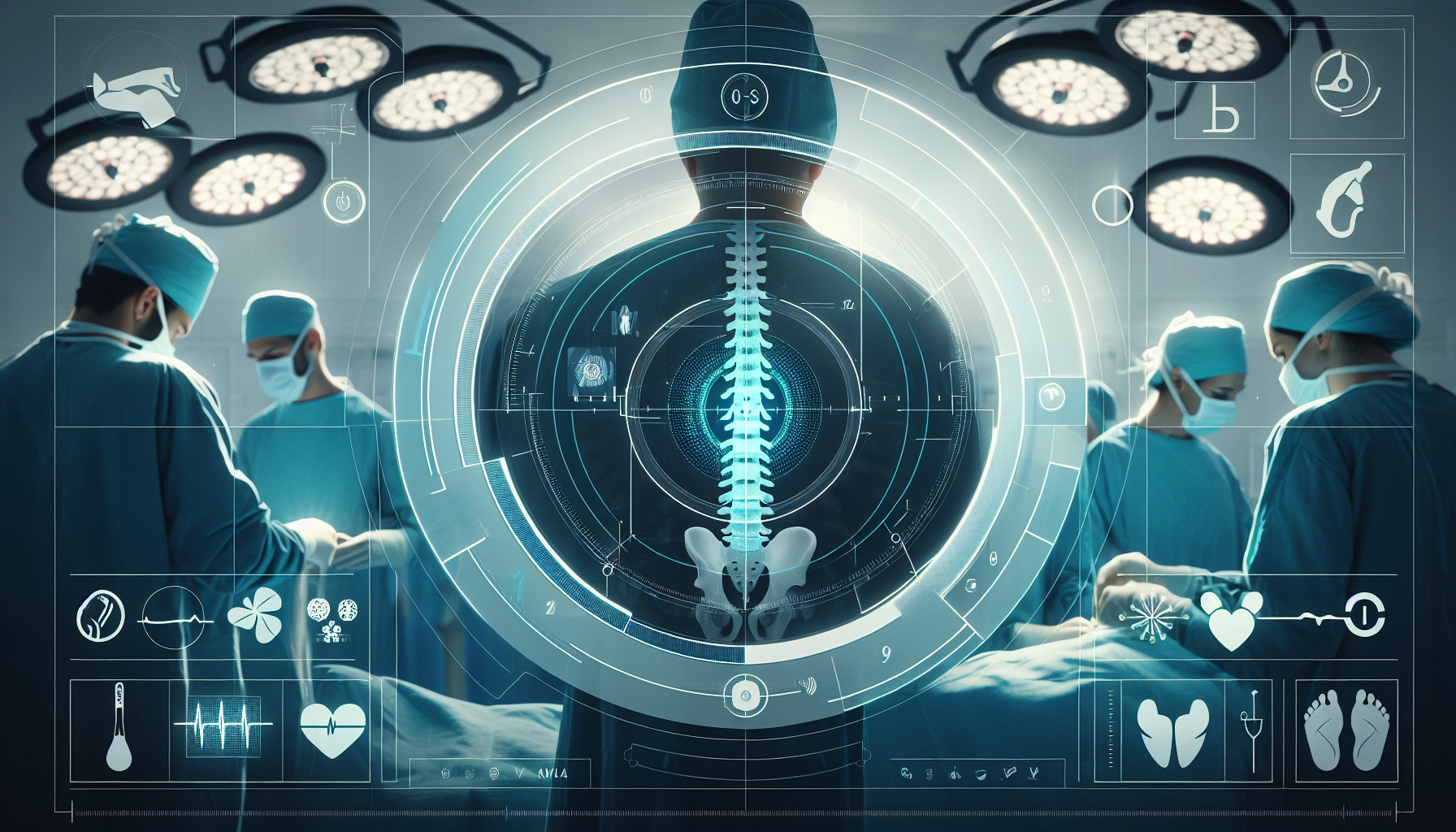Our Summary
This study investigates whether the number of drain tubes used after a specific kind of back surgery (biportal endoscopic unilateral laminotomy for bilateral decompression) affects the likelihood of developing a specific complication - a postoperative spinal epidural hematoma. This is when blood collects in the space around the spinal cord after surgery, which can cause problems.
The researchers divided 89 patients into two groups: those with one drain tube and those with two. They measured the size of any hematoma (blood collection) found, as well as other things like pain scores and length of hospital stay.
The results showed that there was no significant difference between the groups in terms of the size of the hematoma. There was, however, a greater volume of drainage in the group with two tubes, but this didn’t seem to affect any other outcomes, such as pain or hospital stay.
So, the study concluded that using more drain tubes may result in more fluid being drained but doesn’t seem to significantly reduce the risk of hematoma or improve other outcomes.
FAQs
- What is a postoperative spinal epidural hematoma?
- Does the use of more drain tubes after biportal endoscopic unilateral laminotomy for bilateral decompression surgery reduce the risk of developing a hematoma?
- Do more drain tubes affect the pain scores or length of hospital stay after the surgery?
Doctor’s Tip
One helpful tip a doctor might give a patient about spinal decompression is to follow postoperative instructions carefully, including avoiding heavy lifting or strenuous activities for a certain period of time. This can help prevent complications and promote proper healing of the spine.
Suitable For
Patients who are typically recommended spinal decompression include those suffering from conditions such as herniated discs, spinal stenosis, sciatica, degenerative disc disease, and facet joint syndrome. These patients may be experiencing symptoms such as chronic back or neck pain, radiating pain or numbness into the arms or legs, weakness or tingling in the extremities, and difficulty walking or standing for extended periods of time.
Timeline
Before spinal decompression:
- Patient experiences symptoms such as chronic back pain, neck pain, numbness, tingling, or weakness in the arms or legs.
- Patient undergoes a physical examination, imaging tests (such as X-rays or MRI), and possibly conservative treatments like physical therapy or medication.
- If conservative treatments are ineffective, the patient may be recommended for spinal decompression surgery.
After spinal decompression:
- Patient undergoes spinal decompression surgery, which involves removing part of a vertebra or disc to relieve pressure on the spinal nerves.
- Patient may experience some pain and discomfort immediately after surgery, but this typically improves over time.
- Patient undergoes a rehabilitation program to strengthen the back muscles and improve flexibility.
- Patient gradually resumes normal activities and experiences relief from the symptoms that led to the surgery in the first place.
What to Ask Your Doctor
- What is spinal decompression and how does it work?
- Am I a good candidate for spinal decompression?
- What are the potential risks and complications associated with spinal decompression?
- How long will it take to recover from spinal decompression surgery?
- Will I need physical therapy or other treatments after spinal decompression?
- What is the success rate of spinal decompression for my specific condition?
- Are there any lifestyle changes or precautions I should take after spinal decompression?
- How many drain tubes will be used during the procedure, and what are the potential implications of using more than one?
- What measures will be taken to prevent complications such as spinal epidural hematoma?
- Can you provide me with more information or resources about spinal decompression surgery?
Reference
Authors: Zhong Z, Ying J, Zhang S, Cai K, Jing X, Xu Z, Jiang L, Wu T, Wei G, Hu Q. Journal: J Orthop Surg Res. 2025 Jun 24;20(1):615. doi: 10.1186/s13018-025-06042-1. PMID: 40551242
